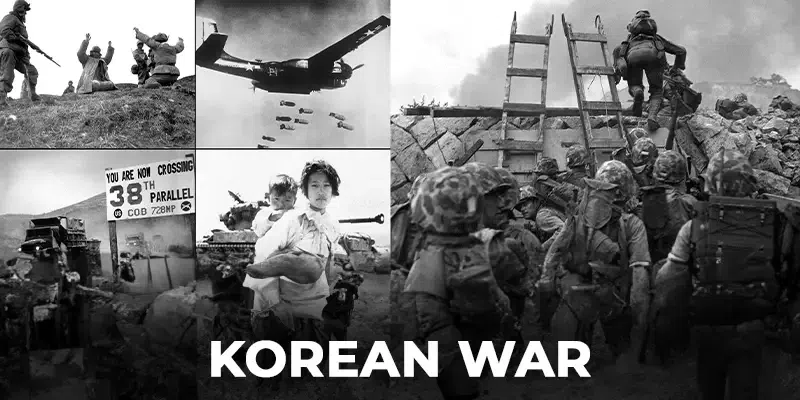moulddni0.com – The Korean War, which erupted on June 25, 1950, was a pivotal conflict in the early years of the Cold War. It involved North Korean and Chinese forces fighting against South Korea, supported by United Nations troops, with the United States playing a leading role. Although the war was primarily centered on the Korean Peninsula, its effects were felt worldwide, including in Southeast Asia and, notably, in Singapore.
Singapore’s Strategic Position During the Korean War
Singapore, a British colony at the time, held a strategic position in the region. It was an important naval base and a key port for the British Royal Navy. The outbreak of the Korean War heightened the strategic importance of Singapore as the British sought to maintain their influence in Asia and support the United Nations’ efforts in Korea.
Economic Impact on Singapore
The Korean War had a significant economic impact on Singapore. The conflict led to an increase in military spending by the British, which boosted the local economy. Singapore’s port became even more crucial for the transportation of military supplies and personnel to the conflict zone. This increased activity led to job creation and a rise in demand for goods and services, contributing to economic growth in the city-state.
Political and Social Changes
The Korean War also had political and social repercussions in Singapore. The conflict underscored the importance of regional security and the need for collective defense against communist expansion. This led to greater cooperation between Singapore and its neighbors, as well as with Western powers. Socially, the war raised awareness among Singaporeans about the broader geopolitical context and the struggle for independence and self-determination in Asia.
The Korean War and Singapore’s Path to Independence
The Korean War indirectly influenced Singapore’s path to independence. The economic boost and increased strategic importance of Singapore during the war strengthened its position within the British Empire. This, in turn, provided the foundation for Singapore’s eventual self-governance and independence in 1965. The war also highlighted the need for Singapore to develop its own defense capabilities and to play an active role in regional security arrangements.
Conclusion
The Korean War, though fought thousands of miles away from Singapore, had a profound impact on the city-state. It stimulated economic growth, influenced political developments, and shaped Singapore’s strategic outlook. The war’s legacy in Singapore is a testament to the interconnectedness of global events and their ability to influence the trajectory of nations, even those not directly involved in the conflict.
